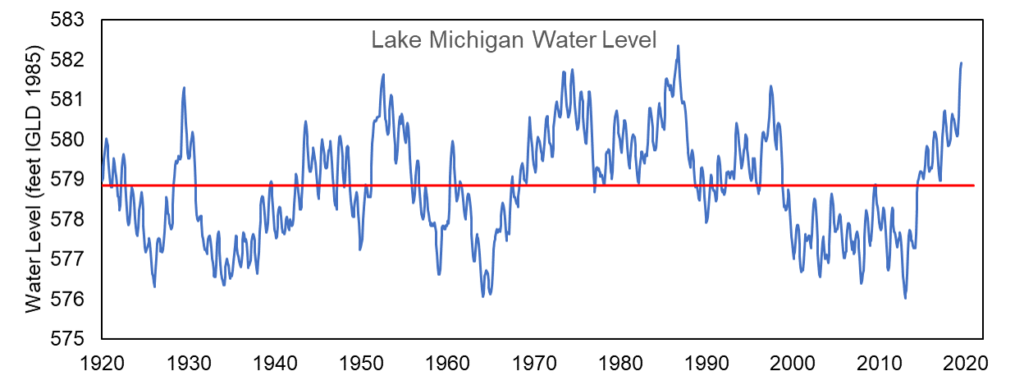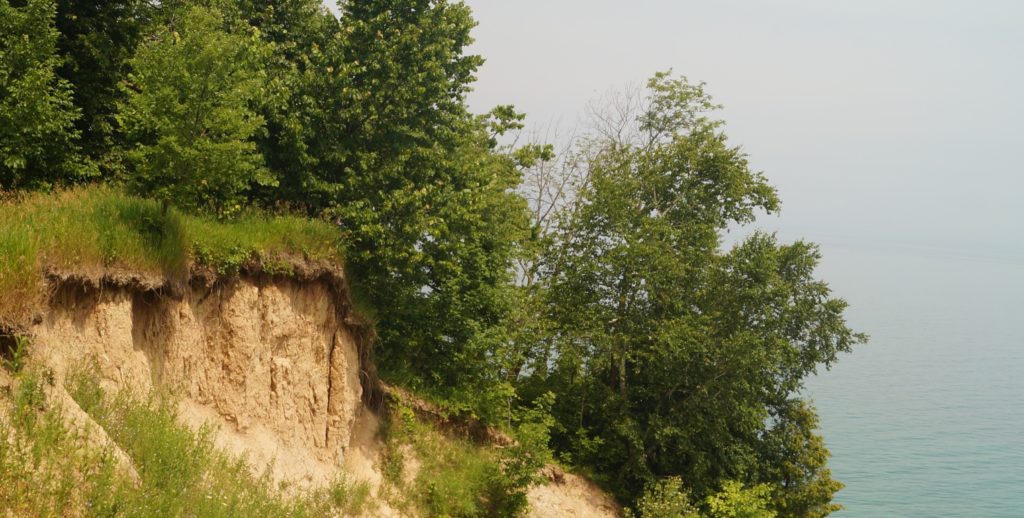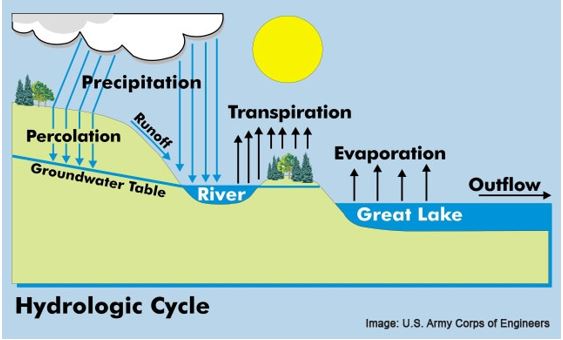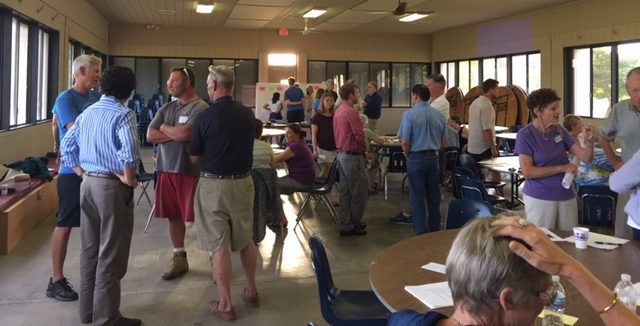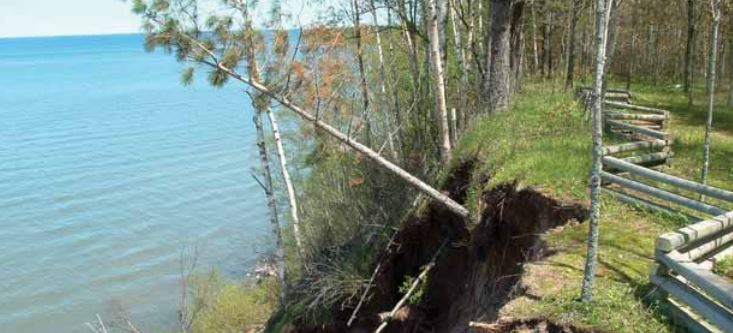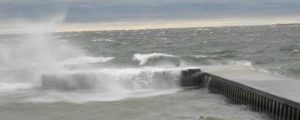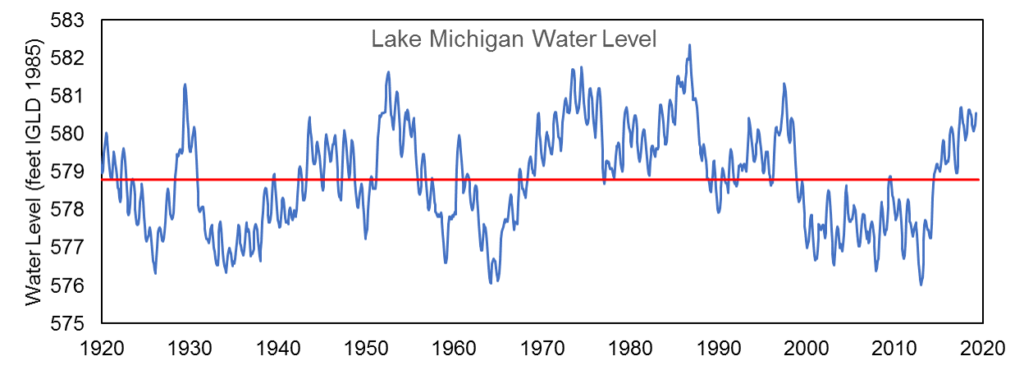Southeastern Wisconsin’s Opportunities to Increase Coastal Resilience
Southeastern Wisconsin’s Opportunities to Increase Coastal Resilience A Coastal Resilience Self-Assessment was provided to staff and decision-makers of Southeastern Wisconsin’s coastal counties and municipalities to help them weigh the effects of coastal hazards and begin to consider planning and mitigation actions which may increase the coastal resilience of their community. This Self-Assessment consisted of…
Read more

